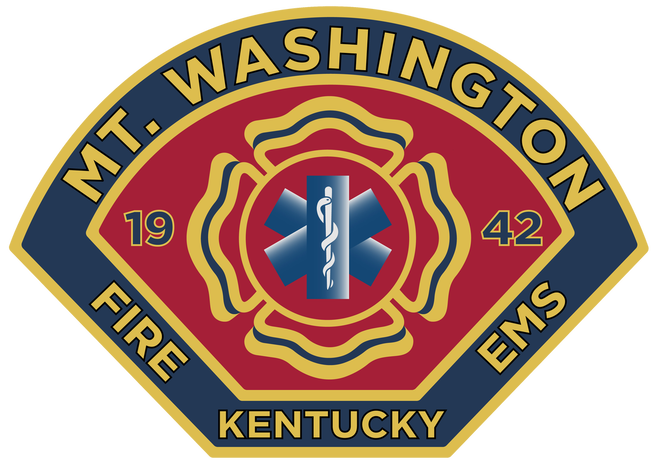DNR (Do Not Resuscitate Order)
MOST (Medical Order for Scope of Treatment)
Do Not Resuscitate Order
Kentucky law forbids the EMS from recognizing any DNR request unless it's specifically spelled out on the "Kentucky Emergency Medical Services Do Not Resuscitate (DNR) Order". Futhermore, the original form should be accessible by EMS when arriving on the scene. If you do not wish for EMS to resuscitate a patient, please download the Kentucky State DNR form and fill it out following the supplied instructions. Without this form, we will have to do everything in our power to keep the patient alive. Keep in mind that this form is only applicable if you stop breathing or your heart stops beating.
It's also important to note that you must present EMS with the original, signed document—not a copy. (We suggest you make several originals so all concerned parties will have an actionable form).
If you need help filling out the form, we will be glad to assist you. Or if you don't have anyway to print out the document, contact us and we will have one sent to your home.
Medical Order for Scope of Treatment
Much of life is shaped by the choices we make about our well-being and how we care for ourselves. When it comes to medical care and treatment, most people feel better when they participate in these decisions.
Making decisions “as you wish” is an empowering statement to others that what you want is most important. This is especially true when it comes to the health care you receive. Wishes are personal and extremely important, but they need to be known in order to be honored.
Creating an Advance Directive requires thoughtful consideration. It is part of a process that involves thinking about your values and goals for medical care, and talking with those who are close to you about how you want to live during serious illness. The sooner you begin planning, the sooner you and your loved ones will have a clear understanding of what you want.
The most important thing to remember is that as difficult as this conversation may be, it would be even more difficult for our loved ones to make those decisions for us without knowing what we would and would not have wanted. The resources below are intended to help consumers and health care professionals make better decisions. If you have questions or need additional resources please contact the MOST Coalition.
The Medical Order for Scope of Treatment (MOST) form is a voluntary end-of-life planning tool designed to give those who are seriously ill or medically frail the opportunity to make their health care wishes known in the event they are unable to speak for themselves. The MOST form can be completed by a patient or their health care surrogate and must be signed by a doctor.
The form supplements a living will, advance directive, or durable health care power of attorney and must not conflict with these documents. In the event of an emergency, the original form, printed on pink paper, should be recognized by all health care professionals to ensure the patient’s medical wishes are honored. If you have questions please visit our resources page or

